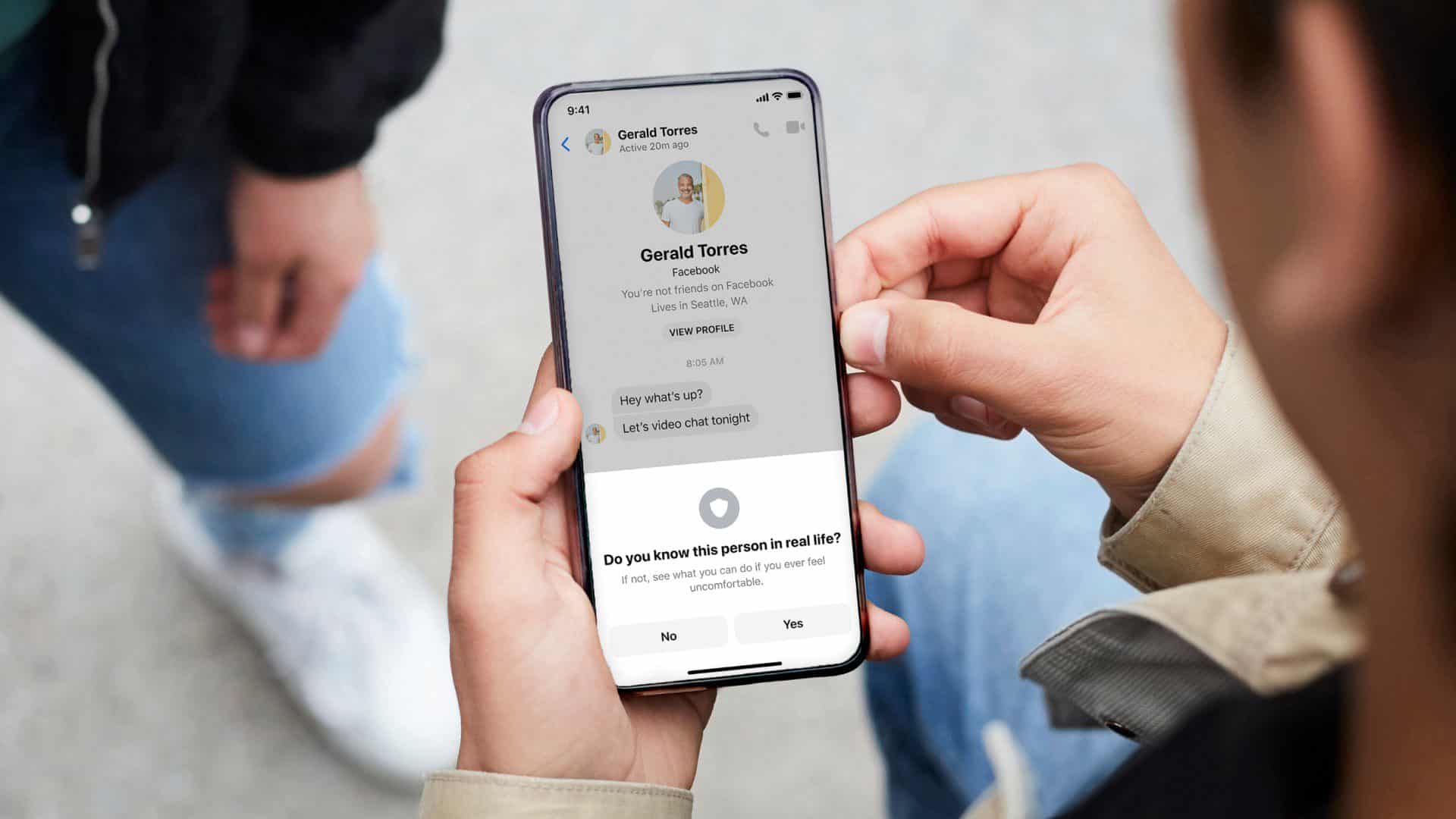Meta announces new privacy features for teens on Facebook and Instagram

After announcing new ways to protect people on Instagram last month, Meta has just announced a set of new privacy and safety features for teens on Facebook and Instagram. Teens (under 16 or 18 in some countries) can now access more private settings when they join Facebook. The company is also promising to do more to prevent the spread of self-generated intimate images of teens online.
More private settings on Facebook are also available for teens already using the Facebook app. Meta will encourage teens to use these private settings for a bunch of benefits, including allowing them to decide who can see their friend list, who can see the people, Pages, and lists they follow, who is allowed to comment on their public posts, and more. Similar settings are already available on Instagram.
Meta is also testing a new feature to prevent getting in touch with suspicious adults. Meta will not show suspicious adults in teens’ People You May Know recommendations. Suspicious accounts include but are not limited to adults that may have recently been blocked or reported by a young person. As an extra layer of protection, the social media giant is also testing another safety feature that will prevent suspicious adults from seeing the message button on teens’ Instagram accounts.
Moreover, Meta has also announced that it is “working with the National Center for Missing and Exploited Children (NCMEC) to build a global platform for teens who are worried intimate images they created might be shared on public online platforms without their consent.” Meta already has a similar system in place to prevent the spread of intimate images of adults. Currently, sextortion victims can visit Meta’s education and awareness resources, including the Stop Sextortion hub on the Facebook Safety Center.
Meta is working with Thorn and their NoFiltr brand to create educational materials that reduce the shame and stigma surrounding intimate images. And lastly, the company has announced that it “will launch a new PSA campaign that encourages people to stop and think before resharing those images online.”
Read our disclosure page to find out how can you help MSPoweruser sustain the editorial team Read more




User forum
0 messages